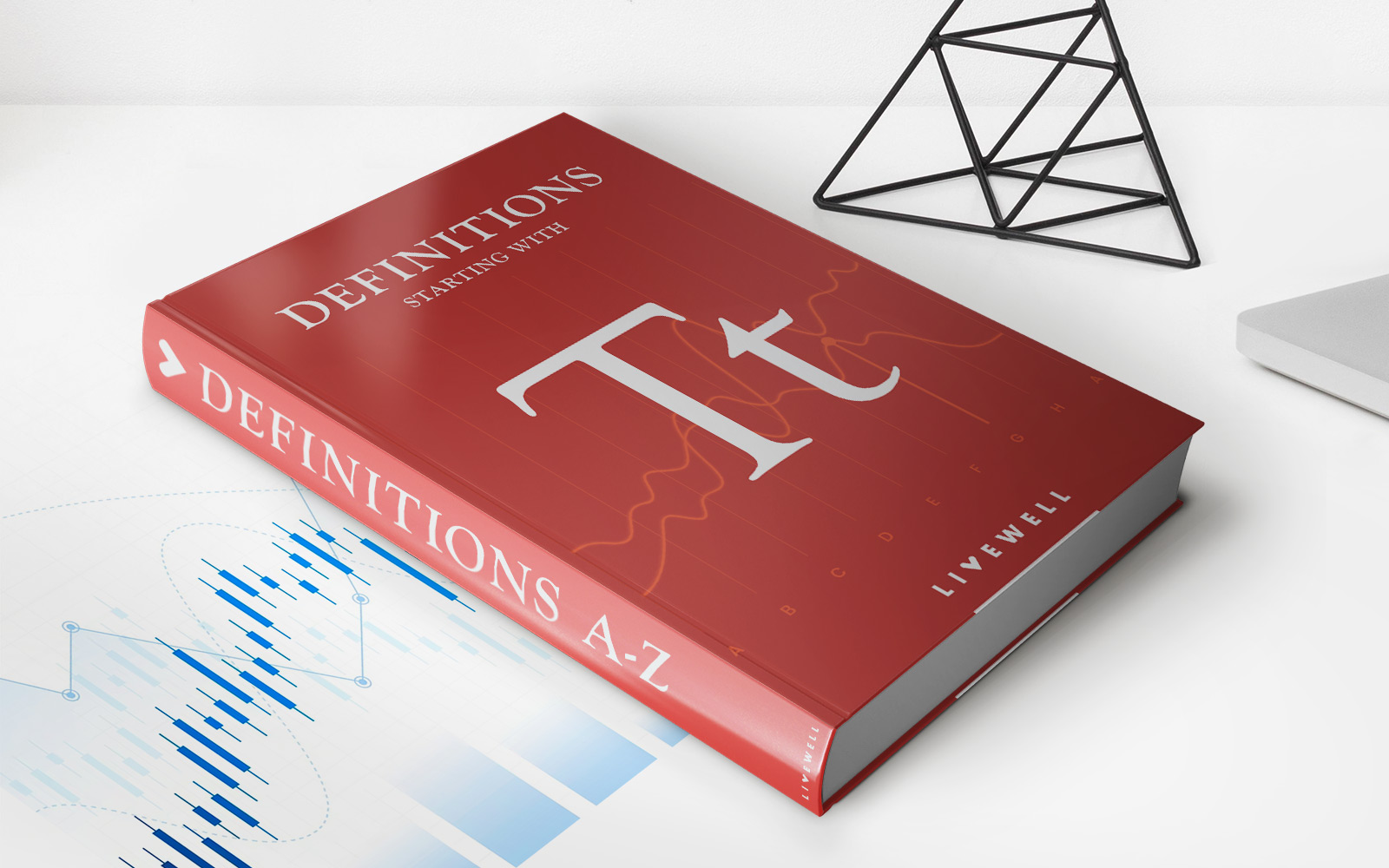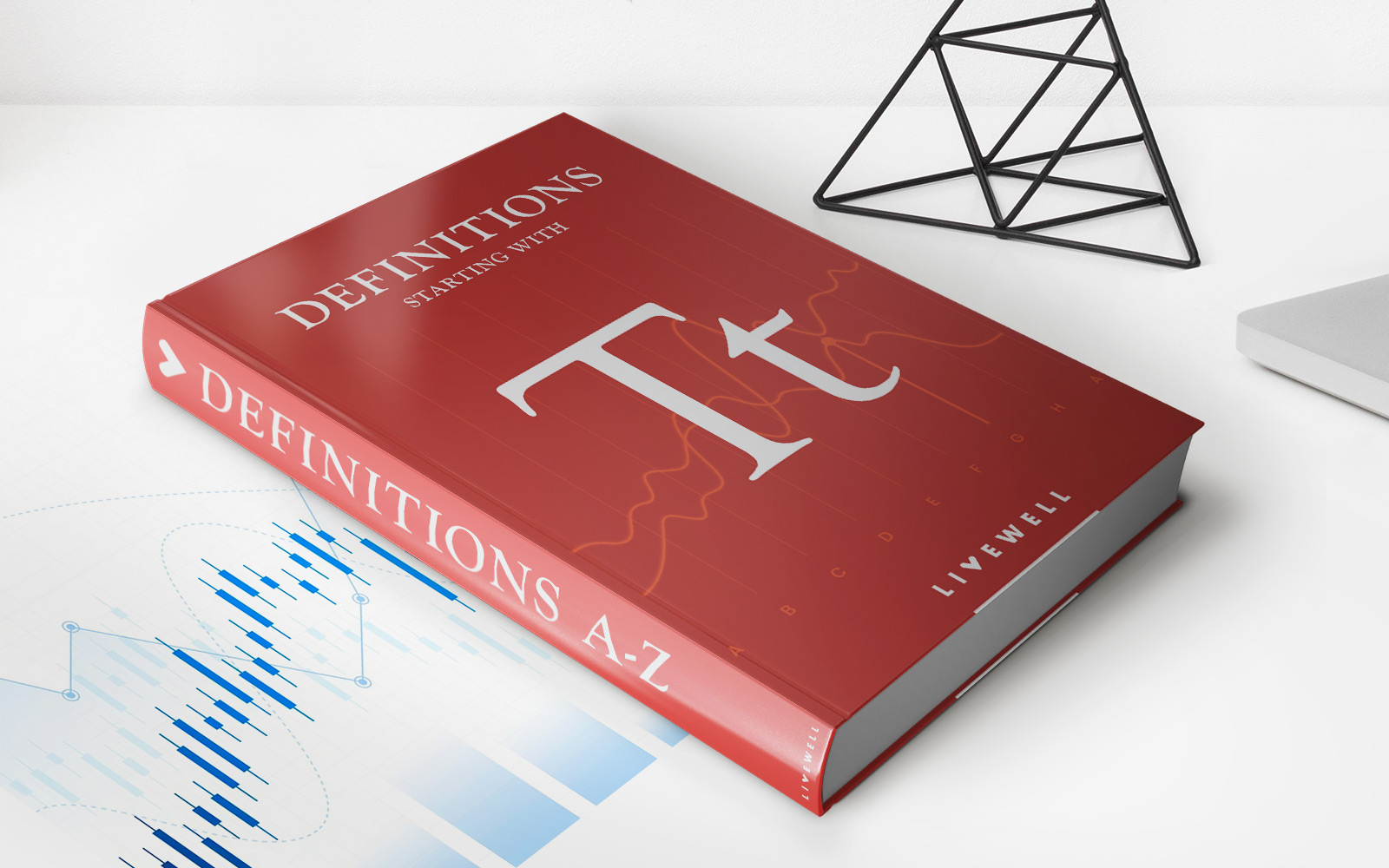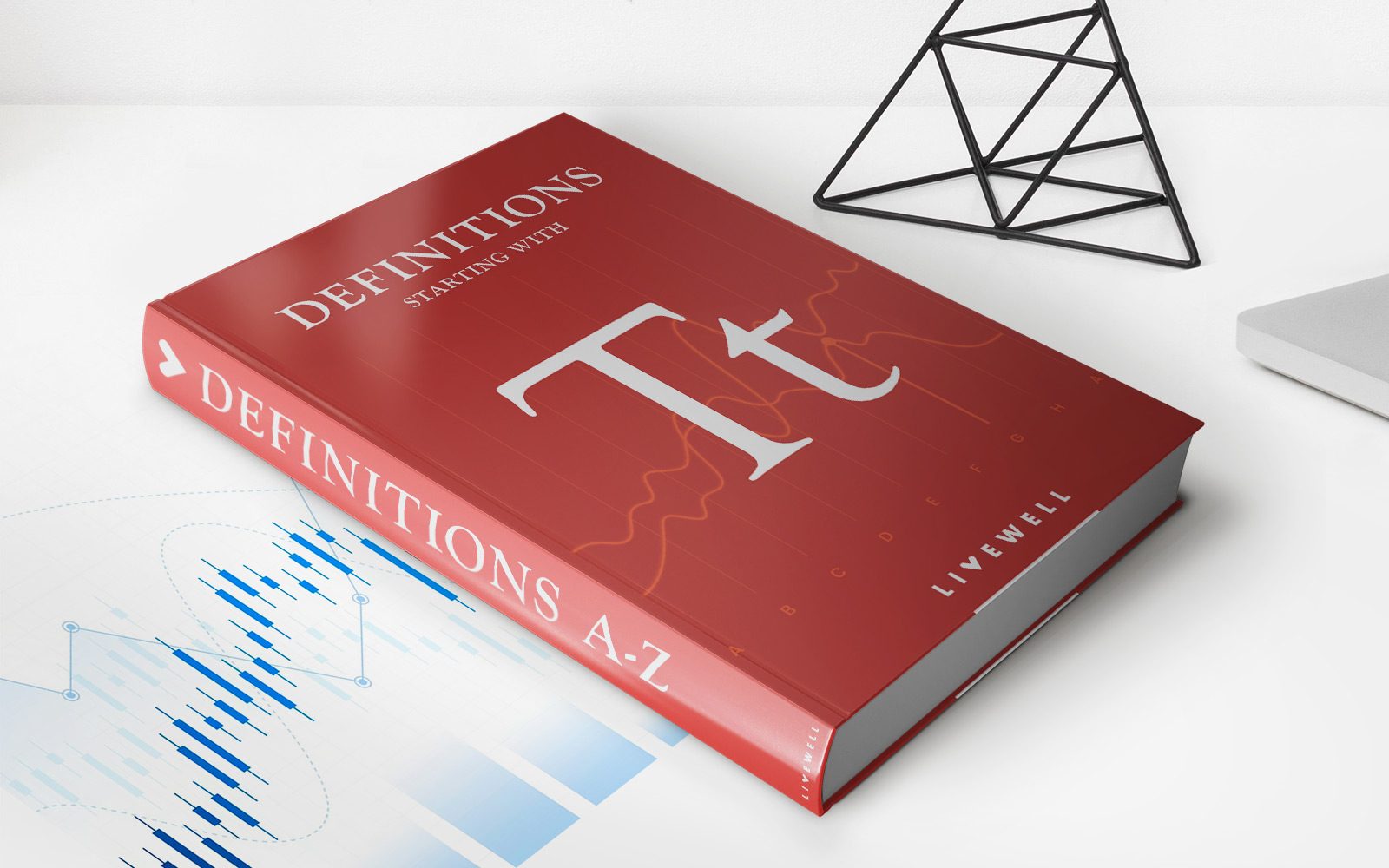Home>Finance>Tender Offer Definition: How It Works, With Example


Finance
Tender Offer Definition: How It Works, With Example
Published: February 7, 2024
Learn about the tender offer definition in finance, how it works, and gain clarity with a practical example. Understand the dynamics of tender offers and make informed decisions.
(Many of the links in this article redirect to a specific reviewed product. Your purchase of these products through affiliate links helps to generate commission for LiveWell, at no extra cost. Learn more)
Understanding Tender Offer: A Comprehensive Guide
Welcome to our FINANCE category, where we explore various aspects of the financial world to provide you with valuable insights and knowledge. In this blog post, we’ll be delving into the fascinating world of tender offers. What exactly is a tender offer, how does it work, and what are some examples? Strap in as we unravel the mysteries surrounding this important financial concept.
Key Takeaways:
- A tender offer refers to a formal invitation made by an individual or a company to existing shareholders to sell their shares at a specific price within a specific timeframe.
- Companies often use tender offers to increase their ownership stakes, consolidate control, or reduce the number of shareholders.
The Definition of a Tender Offer
So, what is a tender offer? Essentially, it is a formal invitation, usually made by a company or an individual, to the existing shareholders of a company to sell their shares at a specific price within a specific timeframe. The party making the tender offer is often seeking to increase their ownership stake in the company, consolidate control, or reduce the number of shareholders.
In the world of finance, tender offers are a common tool used by companies to acquire shares. They provide an opportunity for shareholders to liquidate their holdings at a premium to the current market price. For the company making the offer, it presents a way to potentially increase control or ownership of another company.
How Does a Tender Offer Work?
When a company decides to make a tender offer, it is required to file certain documents with the Securities and Exchange Commission (SEC) in the United States. These documents provide detailed information about the offer, including the price being offered, the number of shares sought, and the expiration date of the offer.
Once the offer has been made, shareholders who wish to participate can tender their shares by following the instructions outlined in the offer documents. The company making the offer then reviews the tendered shares and determines if they will accept them. If the number of tendered shares exceeds the desired amount, the company may prorate the acceptance, meaning they will purchase a proportionate number of shares from each shareholder.
It’s worth noting that tender offers are subject to regulatory approval and must comply with applicable laws and regulations in the jurisdictions where the company and its shareholders are based. Shareholders should carefully review all offer documents and consult with financial advisors before making a decision.
Example of a Tender Offer
Let’s consider a hypothetical example to illustrate how a tender offer works. XYZ Corporation decides to make a tender offer for ABC Corporation. XYZ Corporation offers to buy shares of ABC Corporation at $50 per share, with a goal of acquiring a minimum of 51% of the outstanding shares.
The offer is open for a period of 30 days, during which ABC Corporation shareholders can choose to tender their shares. At the end of the offer period, XYZ Corporation receives tenders for a total of 60% of ABC Corporation’s outstanding shares.
Given that 60% exceeds the desired 51%, XYZ Corporation will prorate the acceptance to acquire 51% of each shareholder’s tendered shares. For example, if an ABC Corporation shareholder tendered 100 shares, XYZ Corporation would purchase 51 shares from that shareholder.
In Conclusion
Tender offers are a widely used tool in the financial world. They offer shareholders the opportunity to sell their shares at a premium and provide companies with a means of increasing their ownership stakes. However, it’s important to carefully evaluate the terms of a tender offer and seek professional advice before making any decisions.
We hope this guide has shed some light on the fascinating world of tender offers. Feel free to explore other articles in our FINANCE category to enhance your financial literacy.














